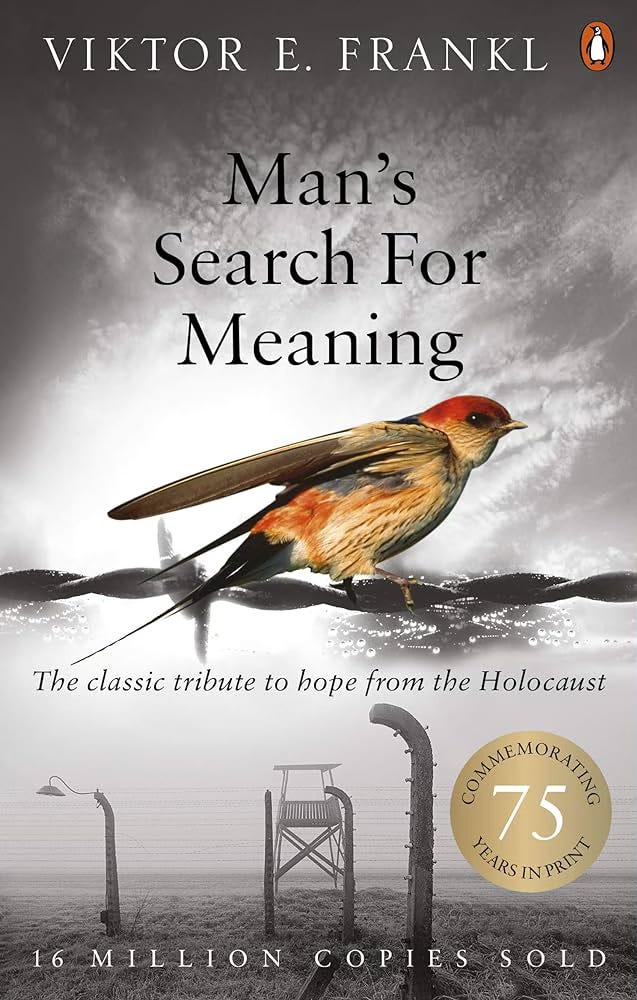How One Book Changed My Life.
How everything can be taken from you except how you respond in any given circumstance.
Sometimes, a book can change your entire life.
Victor Frankl’s ‘Man’s Search for Meaning’ changed mine.
Here is why.
As a doctor and a scientist, I have devoted most of my life to pursuing scientific truth.
But when you wield the unforgiving sword of truth-seeking, you can eventually cut the branch on which you sit.
And then you fall.
And like Emily Dicke…
Keep reading with a 7-day free trial
Subscribe to Dr Paddy Barrett to keep reading this post and get 7 days of free access to the full post archives.


